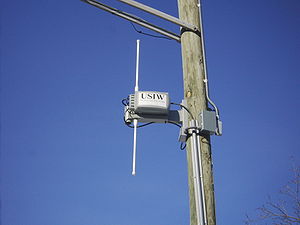Finally some common sense with regards to net neutrality. These economists are saying that, like most things, if the government regulates the Internet, then it will actually hurt the people it is trying to protect. “If it ain’t broke, don’t fix it.” Net neutrality is truly a bipartisan issue with Democrats and Republicans both for and against it. There are several forces at work here that are pushing net neutrality. There are the content providers that are neophytes at lobbying who are trying to manipulate the market to protect themselves. They do not realize that the law of unintended consequences can come back to bite them in the backside. Then there is the FCC that is going with the meme of the current administration to expand governmental powers. This is a strange power struggle where the “bad guys” are really the “good guys” and vice versa, but for all the wrong reasons. You have to read this article carefully realize that these economists support the no regulation net neutrality that the Internet originally enjoyed.
 Mytheos Holt, Reporter-Researcher, BroadbandBreakfast.com
Mytheos Holt, Reporter-Researcher, BroadbandBreakfast.com
WASHINGTON, July 9, 2010 – Four economists argued in a letter to the FCC sent Wednesday that the question before the agency was “not whether to impose network neutrality, but whether to eliminate it.”
They responded to a letter also sent to the FCC that was drafted by 74 Democratic lawmakers who said the FCC’s plan to impose new regulations on the internet would violate a standing bipartisan consensus about leaving the internet unregulated. The economists argue that, in the aftermath of deregulatory court decisions like the Comcast case, the question is whether to restore what was previously the status quo, not whether to impose new regulation. The court ruled that the FCC did not have the authority to regulate Comcast’s control over the speed that data flows through its networks.
Continue reading








